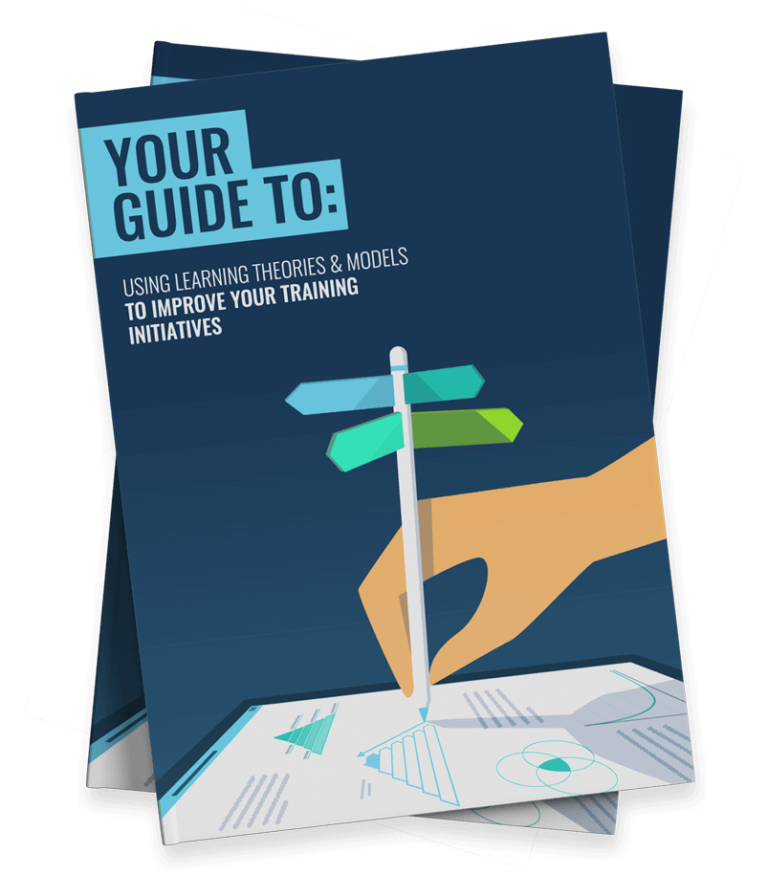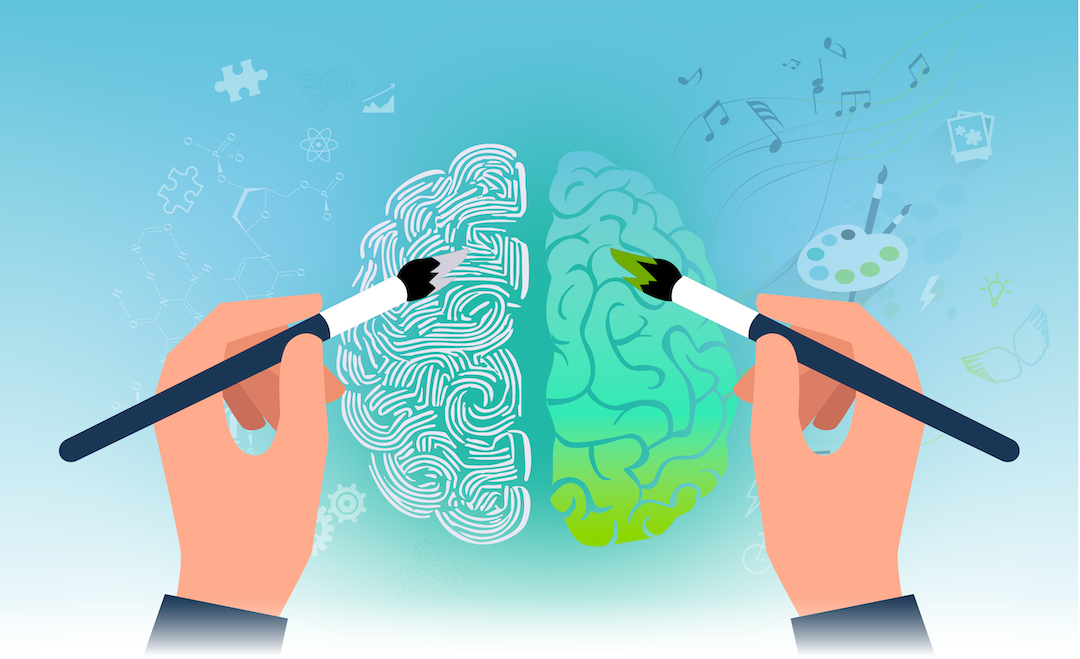
Adult Learning Theory is simple really. It tells us how adults learn and how this differs from children.
As an adult, learning can sometimes feel like a challenge. After all, we may be burdened with a lack of time, self-doubt, financial barriers, declining neuroplasticity or inadequate support.
There’s a reason why it’s easier to learn a new language or become a chess grandmaster when you’re younger.
Even still, before World War II, theorists almost always focused on studying the way children learn (take, for instance, Piaget’s Four Stages of Development).
Luckily, Malcolm Knowles changed the narrative. His Adult Learning Theory, also known as andragogy, highlights the distinct ways adult learners differ from younger learners.
This makes it a must-know theory for any L&D professional crafting training for mature students. It turns out you can teach an old dog new tricks. As Knowles himself says, ‘We will learn no matter what! Learning is a natural as rest or play’.
In this article, we’ll delve into the fundamentals of Adult Learning Theory and show you how to put its principles into practice in your training programme. But first, let’s start by getting to know the father of andragogy.
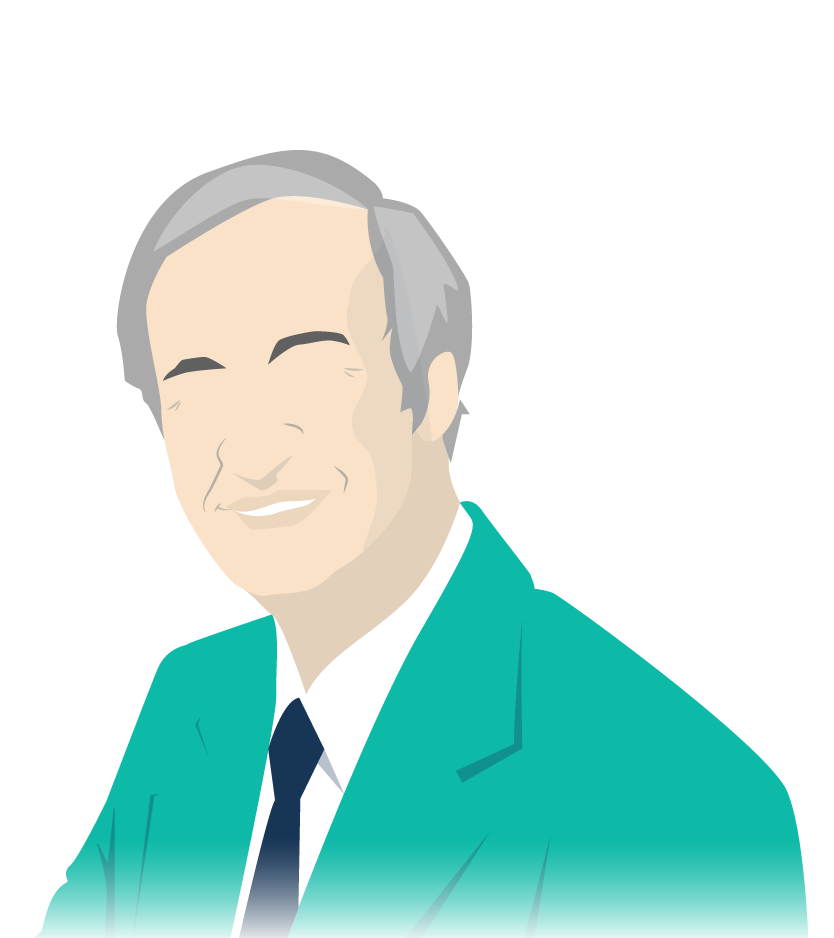
Introduction to Malcolm Knowles
Malcolm S. Knowles (1913-1997) was a renowned American educator and researcher. He was one of the central figures in adult education in the second half of the 20th century.
During his time at the National Youth Administration, Knowles met Eduard Lindeman, another great mind in the adult education space. Lindeman mentored Knowles until he joined Boston University in 1959. He worked as an associate professor of adult education.
During his years at Boston University, Knowles produced his key texts: The Modern Practice of Adult Education (1970) and The Adult Learner (1973). Later on, he updated his key texts and published a new book on Self-directed Learning in 1975.
These texts are the basis for Adult Learning Theory as we know it today.
What Is Adult Learning Theory?
Knowles’ Adult Learning Theory acknowledges the distinct ways adults tackle education and the teaching methods and styles work best for them.
To achieve this, Knowles’ theory outlines six core assumptions about adult learners and their preferred learning approaches. But he didn’t stop there.
He also laid out the four principles of andragogy to guide educators in their teaching. The term andragogy, coming from the Greek word ‘man-leading,’ stands in contrast to pedagogy which means ‘child-leading’.
Let’s explore his six assumptions and the four principles of andragogy in more detail.
The Six Assumptions of Adult Learners
To understand the needs of adult learners, Knowles identified six defining characteristics that make them distinct from their younger counterparts. These assumptions form the backbone of his Adult Learning Theory and offer insight into how to engage and educate mature students.
So, what are these six assumptions? Let’s explore how incorporating them into your training programme can help unlock the potential of adult learners.
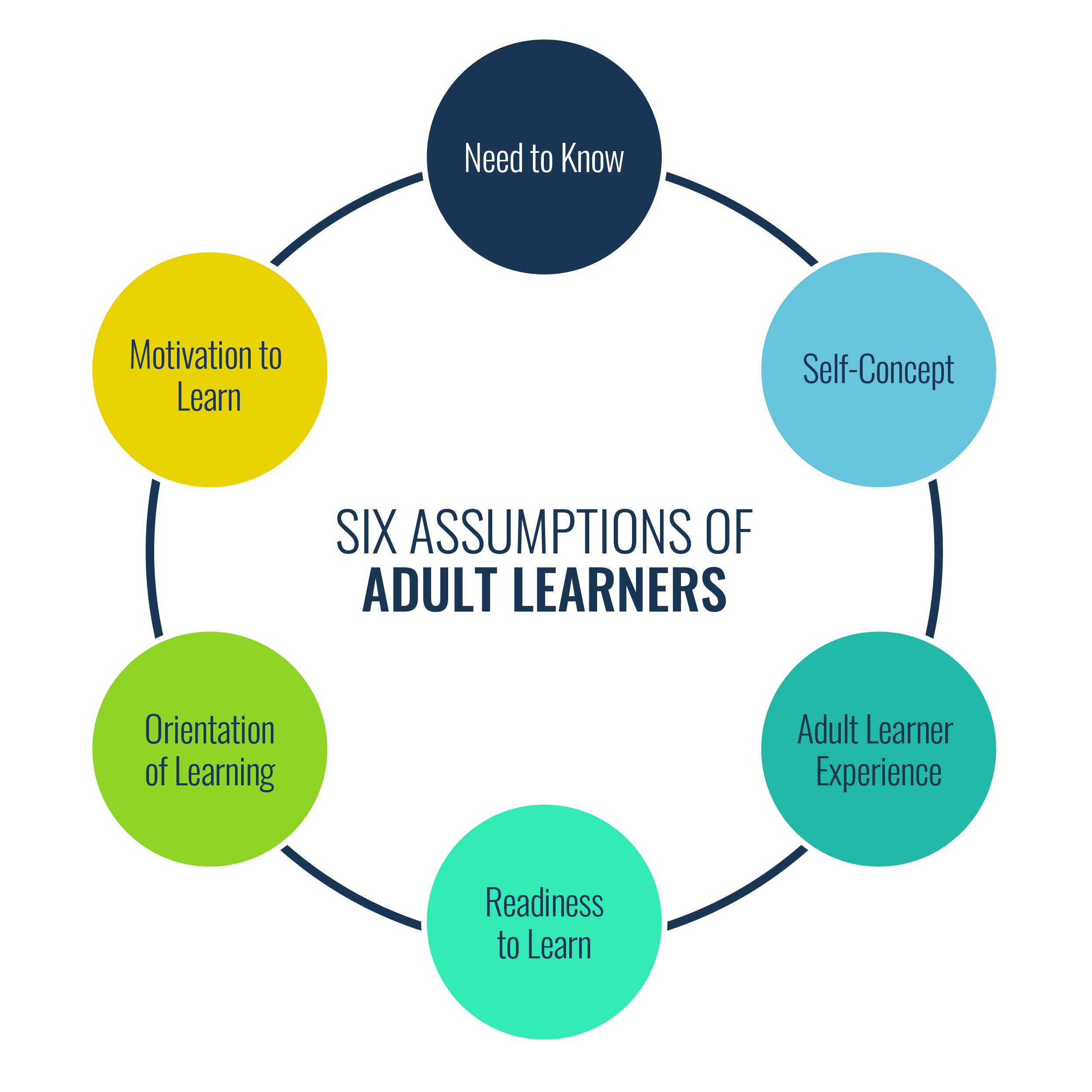
Assumption #1: Need to Know

Knowles’ first assumption about adult learning is that adults have a ‘Need to Know’ the reasons behind their learning before they engage with the content. Essentially, if they can’t see the practical utility of their training material, then they are unlikely to invest effort in learning just for its own sake.
This is in stark contrast to children, who typically follow their teacher’s instructions without requiring a rationale. Adult learners, however, require an answer to the pivotal question: what’s in it for me (WIIFM)?
Naturally enough, this fundamental difference transforms the role of teachers, instructors, and educators. Rather than merely dictating what needs to be learned, you should focus on identifying and highlighting skills gaps. In doing so, you will demonstrate to learners that a ‘Need to Know’ exists.
This ‘Need to Know’ is closely linked to Knowles’ sixth and final assumption: ‘Motivation’. In fact, in certain instances, he considered these assumptions so interrelated that he treated them as a single concept.
After all, when learners can see a clear purpose behind their education, their motivation naturally increases. And what’s more motivating than understanding the tangible benefits and relevance of what you’re learning?
Assumption #2: Self-Concept
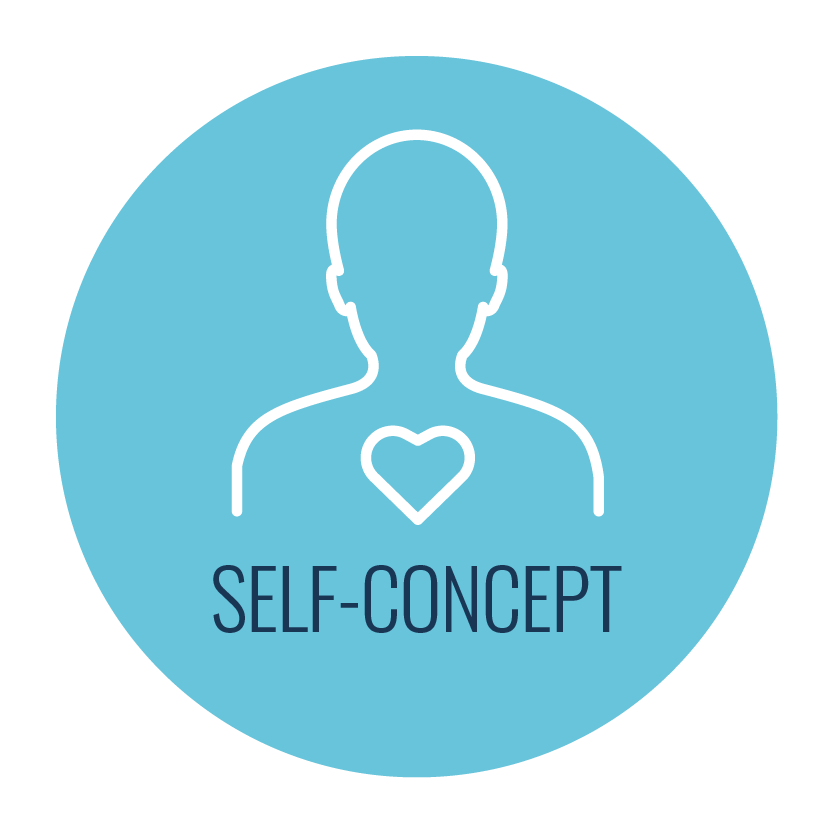
The second assumption, called ‘Self-Concept’, is that adults become more independent as they move through life. Rather than being dependent personalities like children, we become self-directed individuals as we grow older.
As a result, adults carry the skills and knowledge needed to learn and understand independently. According to Knowles, this means that adult learners prefer a more self-directed approach to learning rather than instructor-led training.
This is a big part of why learning technology platforms, like learning management systems (LMS) or learning apps, have grown to be so popular in corporate training. After all, these tools enable learners to take ownership of their learning journey.
As an L&D professional, you should focus on creating learning experiences that offer maximum autonomy. Ideally, your learning platform should guide and help your users through their learning process. As such, you need to ensure you provide the tools and resources your learners need to learn on their own terms.
To do so, encourage your learners to explore topics from various viewpoints. This might come in the form of independent study, group discussions, simulations, scenarios or learning games. These features help your learners to comprehend and apply the information successfully.
Assumption #3: Adult Learner Experience
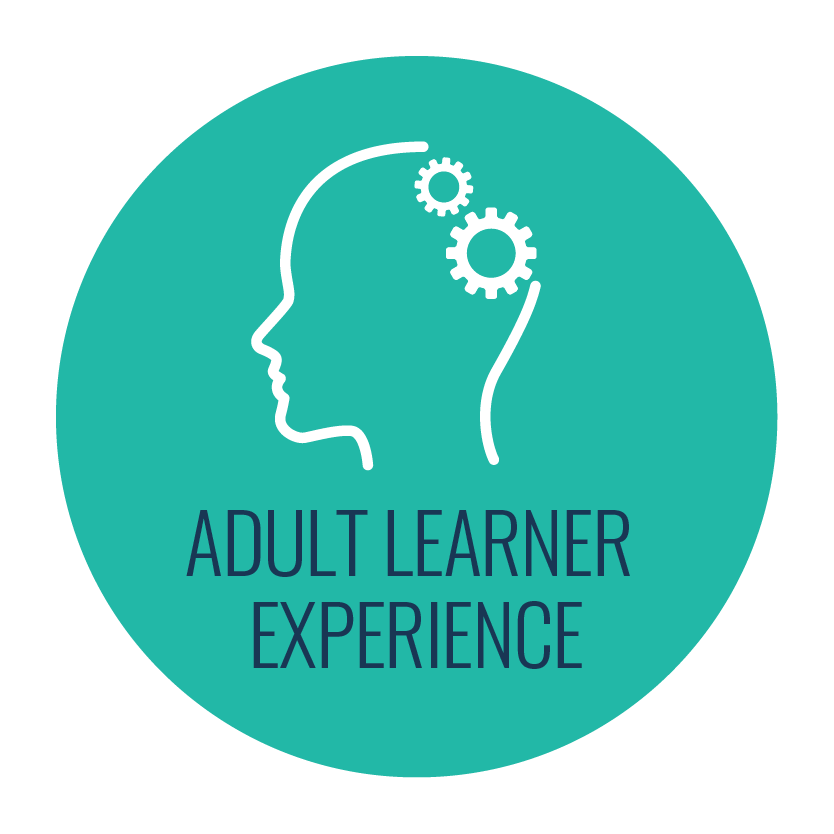
The third assumption, titled ‘Adult Learner Experience’, suggests that adults have vast previous experience that they can use as a foundation for further learning.
Naturally, children frequently learn things for the first time without previous experience. Adult learners, on the other hand, bring their past education, training, jobs and life events into the learning experience.
This assumption provides essential guidance when it comes to planning your training programmes. After all, you shouldn’t assume your learners are beginners without first understanding what knowledge and skills they already have.
To comprehend their current capabilities, you should start by conducting a training needs analysis (TNA) and creating learner personas. This will help you to design a programme that is relevant and challenging enough to keep your learners motivated.
The emphasis on experience in Adult Learning Theory aligns well with David Kolb’s Experiential Learning Cycle, which highlights the importance of concrete experience, reflection, abstraction, and experimentation in the learning process.
Assumption #4: Readiness to Learn
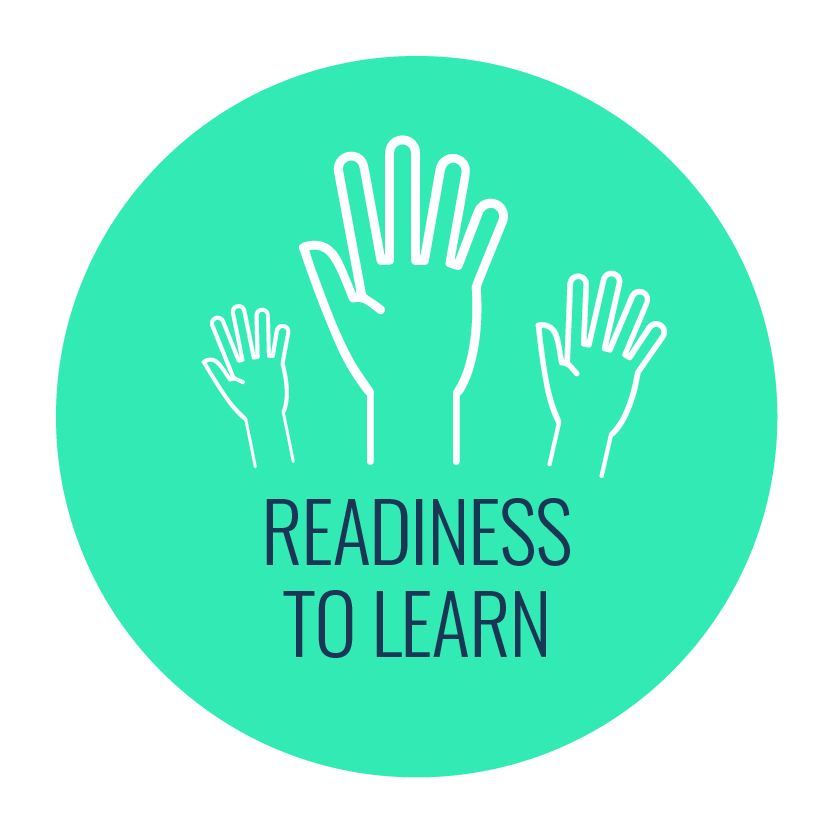
The fourth assumption, ‘Readiness to Learn’, suggests that adults want to learn and are prepared to do so when there is a good reason. In other words, as we mature, we become more eager to learn things that help us achieve our goals or accomplish relevant tasks.
Unlike children, adult learners are typically more selective with what information they take in. As such, they care about the ‘why’ behind learning.
They want to know how their learning programme will help them. In fact, they might ask questions like ‘How will this help me or my career?’ or ‘Is this training relevant to my skills gaps?’.
This makes communication and internal marketing essential. At every stage of your training programme, you need to make it clear what your learners are taking away from the course and why it matters to them.
Similarly, you can use collaboration tools and social learning features to tie learning to social development. After all, the more they can get out of training, the more likely they are to engage with it.
Assumption #5: Orientation of Learning
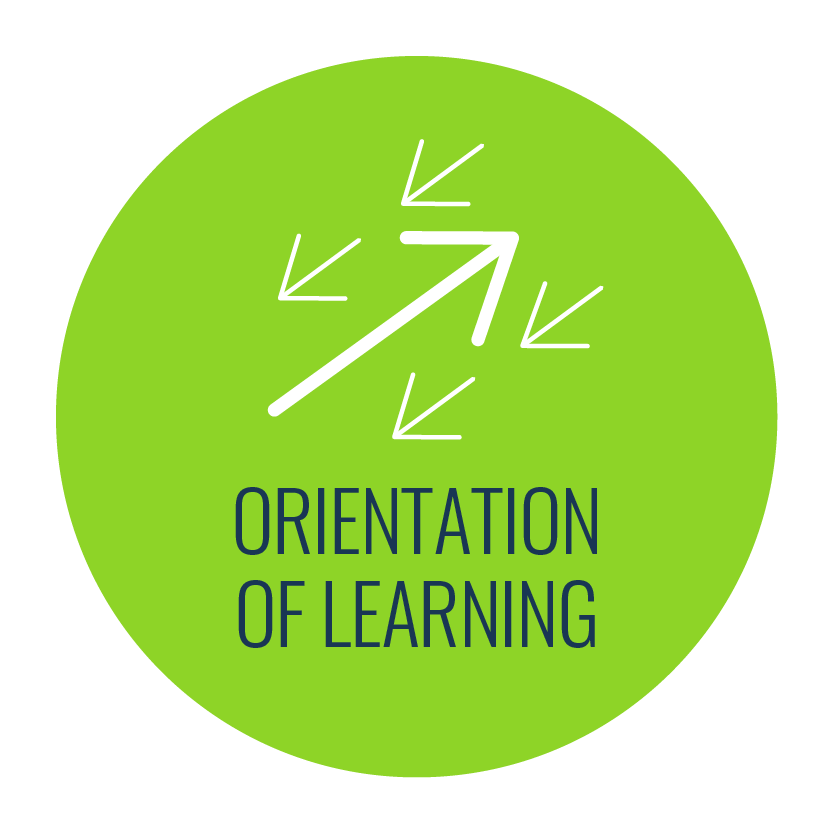
The fifth assumption, ‘Orientation of Learning’, suggests that adult learners want their learning to be applicable to their everyday lives.
Knowles explains that as a person matures, their perspective changes. They move from focusing on subject-centeredness to problem-centeredness. Ultimately, adults want to learn practical skills that help them to solve the problems they are encountering in their lives.
To be able to do so, adults move away from simply knowing about a concept, towards being able to apply new information in the real world. In doing so, they begin to make their way up Bloom’s Taxonomy, by building tangible knowledge that helps them to overcome challenges.
As such, you should emphasise how your training helps your learners to solve problems. Real-life examples are also an excellent way to highlight how learners in similar positions have been able to apply their knowledge.
In addition, you should implement scenario-based learning. It’s an excellent way to teach about problem-solving in a safe environment. In addition, it’s an engaging learning experience that helps adult learners to perform better in their roles.
Assumption #6: Motivation to Learn
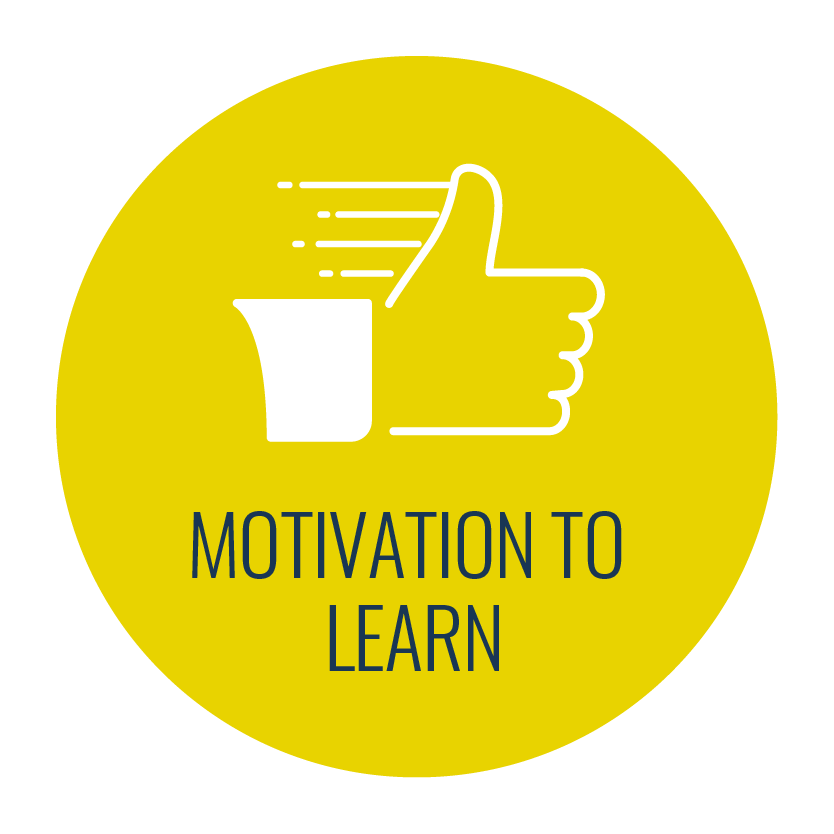
The sixth and final assumption is called ‘Motivation to Learn’. This assumption suggests that as humans grow older, their motivation to learn becomes internal.
As children, we typically learn because of external factors, such as parents and teachers. When we mature in life, our motivations change. Adults want to learn for their own reasons, like progressing in their careers, getting a pay rise or boosting their self-esteem.
These internal motivators are individual to each learner. As such, it’s essential that you take your time to understand what motivates your audience.
After all, if your learners are not motivated to complete their training, they won’t engage with it. As such, you need to implement these motivators as a part of your communication plan and training programme.
Again, you should ensure variety in your training courses, topics and content types. In addition, make sure your training initiatives are comprehensive. This helps you to cater to the different motivators your learners may have.
Four Principles of Andragogy
Understanding these assumptions provides a strong foundation for designing adult learning programmes. But how can we translate this knowledge into practical application?
Fortunately, Knowles complemented his theory with four additional principles that offer specific guidance for educators. After all, according to the theory, adults have a distinct approach to education.
As such, these principles offer a roadmap for L&D professionals looking to create programmes that resonate with mature students. Let’s take a look!
1. Involvement
The first principle suggests that adults need to be involved in the planning and evaluation of their learning experiences. These self-directed individuals want to control the what, when and how of the learning process. By achieving this, we move away from a teacher-centred approach towards a more collaborative environment.
2. Past Experiences
According to Knowles, our previous experiences, successes, and mistakes provide the basis for our future learning activities. After all, they add context to any information we learn. Effective learning programmes should seek to connect new information to learners’ existing knowledge base.
3. Relevant Topics
Perhaps unsurprisingly, the third principle suggests that adult learners are most interested in learning about topics that have immediate relevance to them. You should strive to connect your learning materials to the challenges your learners face or the goals they are trying to achieve.
4. Problem-Centric Learning
Adult learning is typically problem-centred or task-oriented in nature. As such, simply providing opportunities for rote memorisation is not enough. Your learning activities should encourage critical thinking and the practical application of new knowledge.
Criticism of Adult Learning Theory

While Adult Learning Theory remains influential, it’s important to recognise that that it rests on a series of foundational assumptions. It has also been criticised for its idealised view of adults as self-directed learners.
Whilst there are many highly-motivated, self-directed adult learners, there are also those who need a bit of a push. Some of us benefit from guidance and structure. We all wish we had a mentor or a coach to light the way, from time to time.
Let’s use a presentation as an example. The theory assumes that each adult learner will choose a relevant and useful topic, do a good job out of pride and have the skills necessary to create a successful presentation.
However, there is no guarantee that these three assumptions hold just because the learner is an adult. In addition, there are adult learners who value traditional classroom training, or other more structured approaches. These individuals won’t find as much value in self-directed learning.
Cultural differences can also impact adult learning preferences. Indeed, the concept of self-directed learning might be unfamiliar or even uncomfortable for adults from cultures that traditionally value respect for elders or teachers.
With this critique in mind, let’s explore if Adult Learning Theory is still relevant in L&D!
Is Knowles’ Theory Still Relevant?
Despite the criticism, Adult Learning Theory can still provide useful advice on how to create successful training programmes for adult learners. In fact, it can help L&D professionals to roll-out training initiatives that meet the needs of their modern learners.
Rather than pouring learning into the heads of your students, it guides you to increase autonomy in your training. After all, focusing on ‘pedagogy’ means that learners are dependent on the teacher for guidance and acquisition of knowledge.
In fact, simply understanding the differences between pedagogical and andragogical approaches can make or break your adult training programme. In a classroom full of professionals, pedagogy can lead to disengaged and uninterested learners.
Adults come to the table with different motivators. Andragogy inspires L&D professionals to connect learning experiences to what adults already know and what they need to know.
Considering this, we argue that Adult Learning Theory still has its place in the L&D industry. However, just like with any other theory, you need to analyse your learner audience to see what works and what doesn’t.
Final Words
Malcolm Knowles’ Adult Learning Theory revolutionised our understanding and approach to adult education by offering six key assumptions and four principles for L&D professionals.
With a focus on adult learners’ distinct motivators, self-awareness, and readiness, Knowles’ theory calls for more independent learning opportunities.
While the theory has faced some criticism, understanding andragogy is crucial for L&D professionals seeking to create engaging training experiences that resonate with modern learners.
And isn’t it time that we started treating adult learners differently from younger learners?
Adult Learning Theory is just one of many learning theories. Get the full breakdown and boost your training approach with our bumper guidebook, ‘The Learning Theories & Models You Need to Know‘. Download it now!

